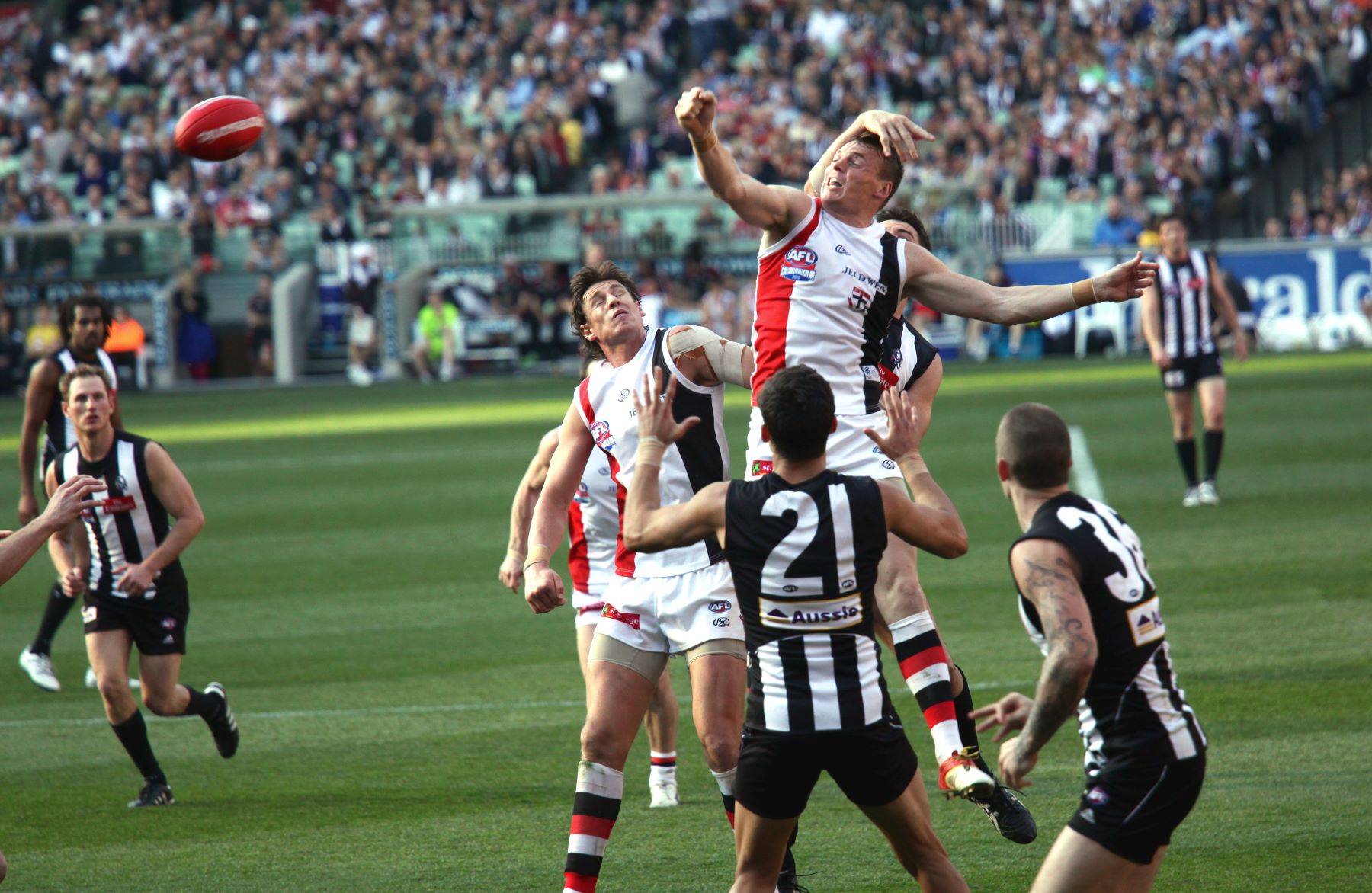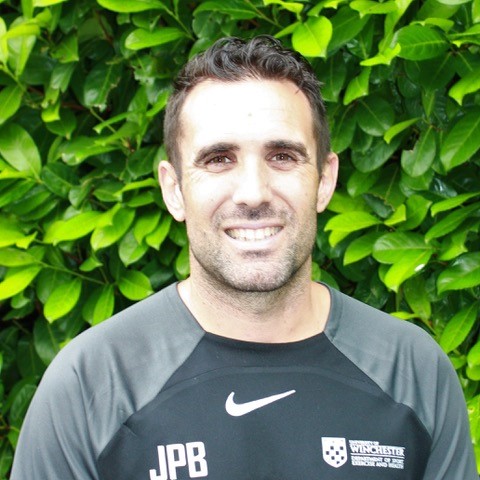
A new study highlights how sports coaches' leadership styles and team environments can directly influence an athlete’s willingness to report concussion symptoms—both their own and those of teammates.
The research, led by Dr John Batten, Programme Director in Sport and Exercise Psychology at the University of Winchester, shows that transformational leadership can foster psychological safety within teams, making players more likely to report symptoms.
The study, undertaken in collaboration with two universities in Australia, has been published in the International Journal of Environmental Research and Public Health.
Researchers collected data from 233 student athletes in Australia, with an average age of 19.83 years, across a range of team sports including football, Aussie Rules football, cricket, basketball, American football, rugby league, softball and volleyball. The study sample was made up of 160 males and 73 females.
Despite media coverage about the long-term health hazards of head impacts, as well as concussion protocols in top level sport, many sportspeople remain reticent about reporting head injuries.

Dr Batten (pictured) said: “Unfortunately, there is still a culture of ‘playing through the pain’ in many sports.
“There is increased knowledge of the dangers of concussion but that is not necessarily matched by safer behaviours.”
This ‘warrior mentality’ persists even though a missed concussion diagnosis might lead to further injury.
A change of ethos is needed, argue the academics.
Co-author of the study, Dr Matt Smith, Senior Lecturer in Sport and Exercise Psychology at University of Winchester, said: “When athletes feel supported and understood by their coaches and teammates, they are more likely to engage in behaviours that prioritise health, including reporting concussions.”
The study found that social pressure from teammates and coaches were a key predictor of concussion reporting intentions.
Dr Batten stated: “Athletes highlighted the need for friendships and open communication, which helps reduce the stigma and concerns about appearing weak or losing their place in the team.”
Interventions that focus on building open, empathetic environments, alongside clear expectations about concussion protocols are needed, says the research.
Dr John Batten said: “The goal is to create a culture where concussion reporting is not only accepted but expected, and where athletes feel empowered to make decisions that protect their long-term health.”
The ‘Team Up Against Concussion’ programme developed by the Concussion Legacy Foundation in the USA is cited as an example of a programme that aims to change attitudes to concussion in team sports.
Dr Smith stated: “Such education programmes and increased public awareness of the risks of concussion are critical to fostering safer sports environments.”
The study's authors are calling for further research to test these findings across different sports, gender groups, and competition levels, as well as to assess the effectiveness of interventions aimed at improving concussion reporting.
The Winchester academics hope to replicate the study in the UK focusing on female rugby players.
The University of Winchester has carried out wide-ranging research into brain injury in sport including the effects on the partners and families of injured athletes. More details can be found here Brain Injury in Sport Research - University of Winchester.
Pictured top: Aussies Rules Football was one of the sports whose players took part in the study.
Back to media centre